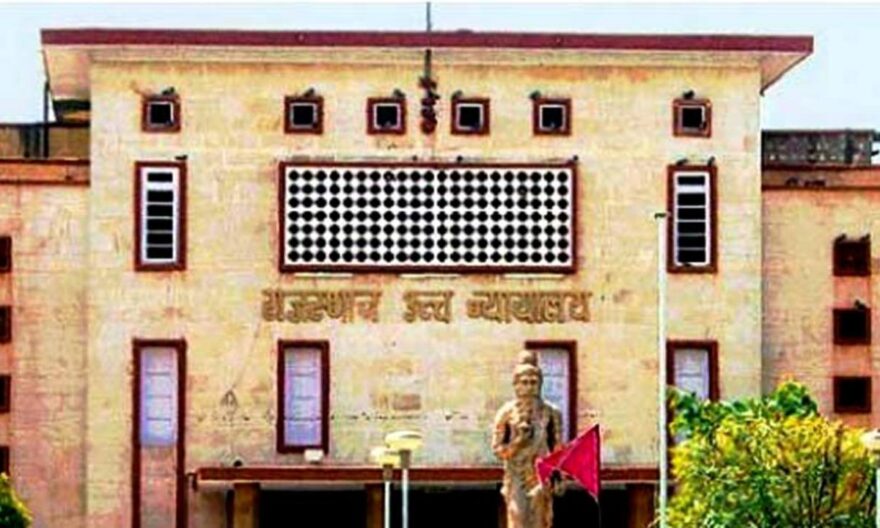
The Rajasthan High Court recently said that surveillance without proper procedural safeguards would violate an individual’s fundamental right to privacy. Justice Birendra Kumar emphasized that the Indian Telegraph Act includes procedural safeguards to prevent arbitrary infringement of privacy rights, and these safeguards must be strictly adhered to.
The court highlighted that when the law provides such safeguards, they cannot be ignored or bypassed by the State or its machinery. Violating the provisions of the Act and disregarding the directions of the Supreme Court in cases like PUCL and Justice KS Puttaswamy vs Union of India would lead to contempt and arbitrariness, thus undermining the rights protected under Article 19 and 21 of the Constitution of India.
In the specific case, the State’s Home Ministry had issued three orders in 2020 and 2021 for intercepting the mobile phone of the accused in a bribery case, including the petitioner. The justification for phone tapping was done under the Indian Telegraph Act, alleging that the petitioner was involved in bribing a public servant, and an FIR was subsequently registered under relevant provisions of the Prevention of Corruption Act.
However, the petitioner challenged these interception orders, asserting that his right to privacy had been violated through the surveillance of his mobile phone by the State.
Upon examining the matter, the Court observed that the orders in question did not provide any reasons as to why such surveillance was necessary for public safety. This lack of proper reasoning and failure to meet the requirements of the Telegraph Act’s Section 5(2) rendered the orders arbitrary and in violation of the petitioner’s constitutional rights.
Consequently, the Court quashed all three interception orders, directing the authorities to destroy the intercepted messages and recordings. It further specified that the intercepted messages from the petitioner’s mobile phone should not be considered in the ongoing criminal proceedings.
Advocates Swadeep Singh Hora, Mohit Khandelwal, TC Sharma, and Vishivas Saini represented the petitioners, while Deputy Government Advocate Atul Sharma appeared for the State.




